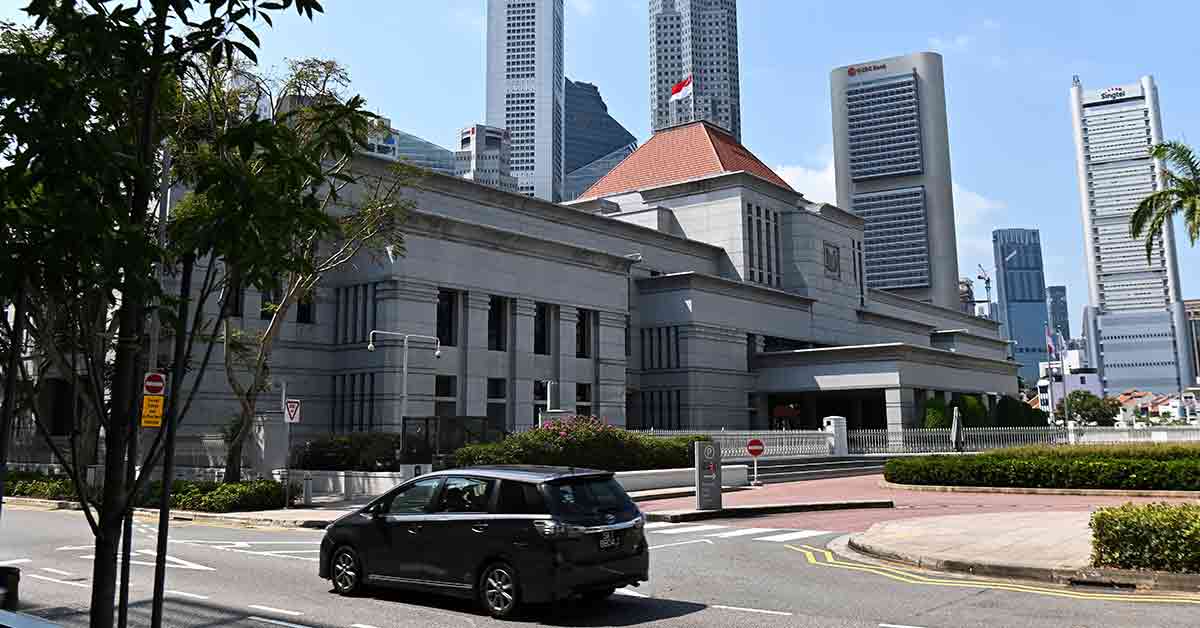Singapore on Wednesday denied claims by a Malaysian rights group that it used a brutal "coup de grace" to finish off botched executions and ordered Yahoo and other sites to correct reports of the matter.
The Malaysia-based Lawyers for Liberty alleged last week that Singapore prison officers had been instructed to manually break the necks of prisoners if the rope used to hang them broke during executions.
This was done by kicking the back of the prisoner's neck, said the group, which based its report on information from an anonymous prison officer.
The city-state imposes the death penalty for crimes such as drug trafficking and murder, and hanged 13 people in 2018, according to official data.
Singapore's Ministry of Home Affairs on Wednesday slammed the allegations as "untrue, baseless and preposterous", noting that the rope had never broken during a hanging.
It said all executions "are carried out in strict compliance with the law", and the use of any unlawful method would have been investigated and dealt with.
It accused the rights group of making the allegations to try and get reprieves for Malaysian drug traffickers.
Using a new law against online falsehoods, the interior minister also ordered Yahoo Singapore, a local activist and a political website to carry correction notices alongside their reports on the issue.
The minister asked Lawyers for Liberty do to the same, but the organisation said it would not comply.
"Singapore has no business interfering with the freedom of speech of Malaysian citizens making statements within our own country," the group said in a statement.
An opposition political party has for the first time challenged the law in court amid concerns it was being used to stifle criticism ahead of elections and a judge has reserved judgement on the case.
The legislation gives authorities the power to order corrections placed next to posts they deem false.
Since the law came into force in October, several opposition figures and activists have been ordered to place a banner next to online posts stating that they contain false information. - AFP
